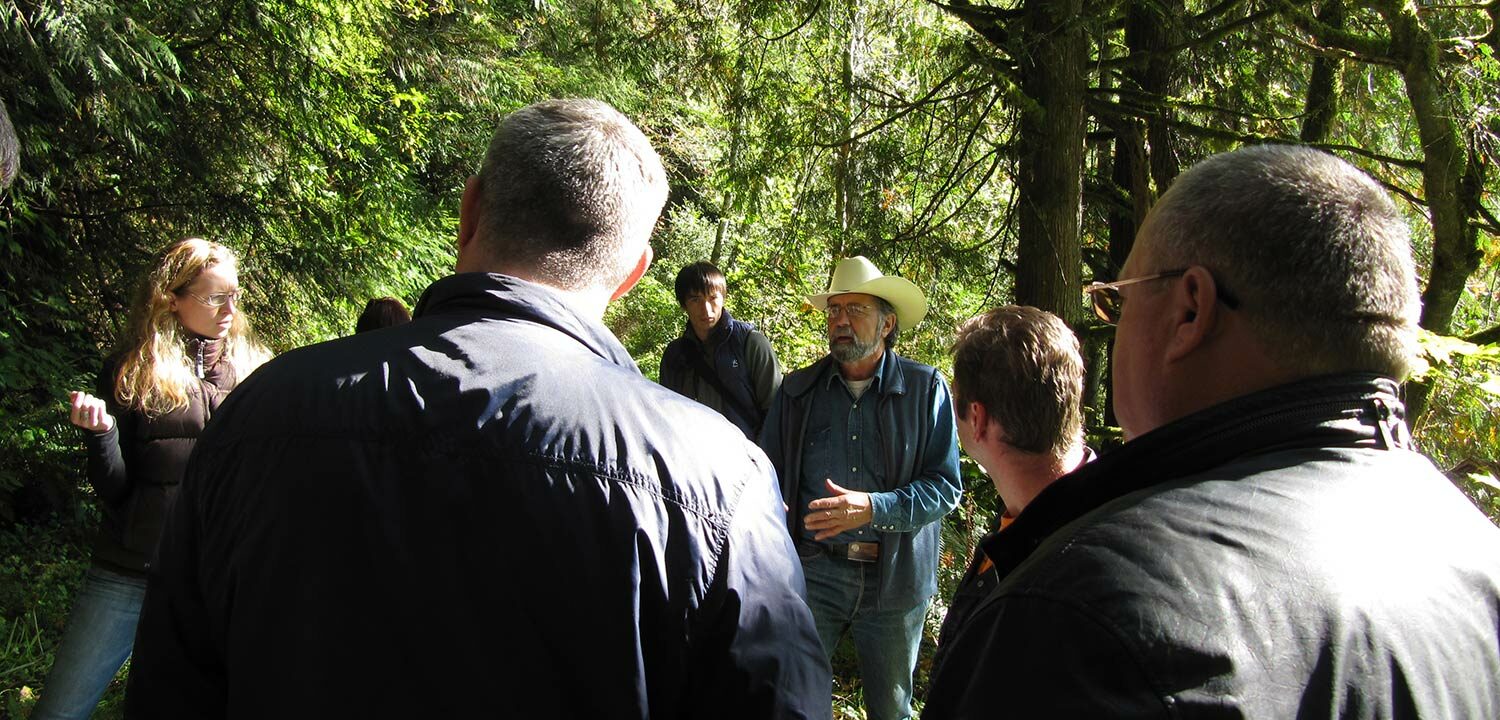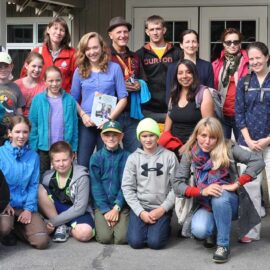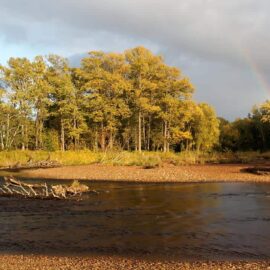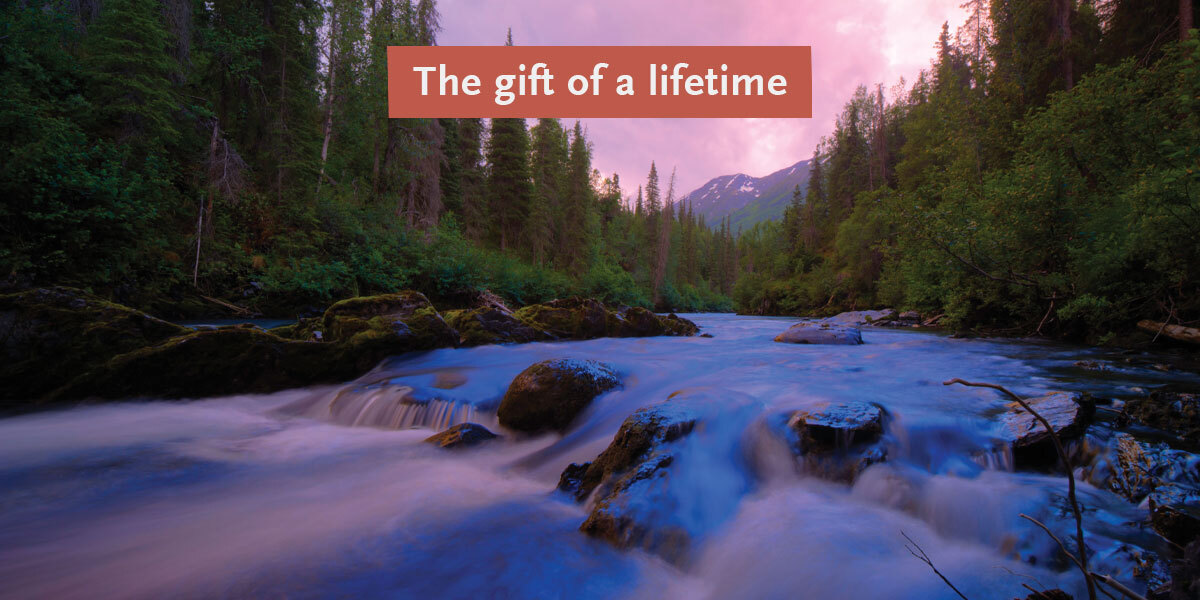Sharing best practices in watershed stewardship, and strengthening relationships.
Nine representatives from the newly formed network of Public Salmon Councils in Sakhalin, Khabarovsk, and Kamchatka, Russia participated in this year’s exchange — the first time representatives from all three regions in the Russian Far East were able to convene at the same time.
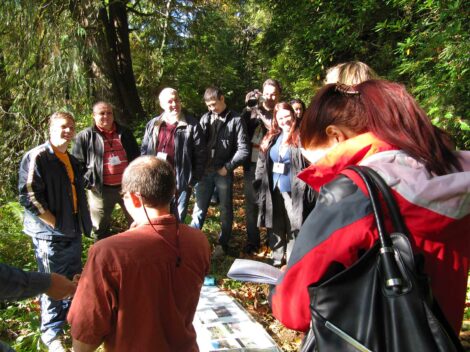
The representatives met with state and federal government representatives, tribal representatives, educators, and local conservationists. The purpose of the exchange was to share with the Russians best practices in watershed stewardship and management from established, successful U.S. watershed council models, and in turn the U.S. participants could learn more about the issues facing Russian watershed councils and the methods used for addressing their challenges.
Community involvement was an integral theme for the week, allowing the Russian participants to learn different strategies for mobilizing local citizens. Aside from numerous presentations, council meetings, and discussions, the participants spent several days in the field visiting river restoration and education projects. A trip to the Karnowsky Creek Restoration Project with Johnny Sundstrom from the Siuslaw Institute and Paul Burns, a Fishery Biologist with the US Forest Service, provided a good model for the Russian council members on freshwater habitat restoration. They also visited with Mary’s River Watershed Council and with the Westwind Stewardship Group, which maintains a 529-acre nature reserve at the mouth of the Salmon River. In addition, the Russian delegates were able to meet with the Confederated Tribes of the Coos, Lower Umpqua and Siuslaw Indians, as well as the Siletz Tribe, where they learned about the Tribes fishing techniques and how they intersect with the natural environment.
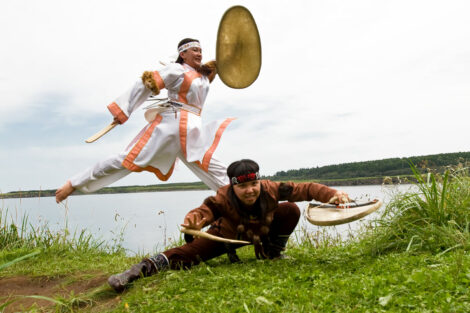
The group was treated to a lake canoe trip in a traditional 21-foot long dugout canoe to a small campsite for a ceremonial salmon-bake offered by the Confederated Tribes. At the ceremony, the chief offered a deerskin drum made by one of the young men of the tribe as a gift. Olga Emenka, representative of the indigenous people of North Khabarovsk and member of the Koppi River watershed council, accepted the drum and used it as a fan to waft smoke from the burning salmon around the circle to bless the group. She then began beating the drum, singing and dancing around the circle. It truly was a special and unifying moment for the Russians, Native Americans, and all present.
The exchange greatly strengthened understanding and camaraderie between the Russian councils and also with Oregon councils, paving the way for future collaborations. Moreover, the councils learned from their counterparts here in Oregon the importance of a unified effort and created the Russian Far East Council Network to serve as a resource to the individual councils so they could learn from and support one another.
